ORIGINAL RESEARCH
Published on 29 Nov 2022
The diagnostic value of the ocular tilt reaction plus head tilt subjective visual vertical (±45°) in patients with acute central vascular vertigo
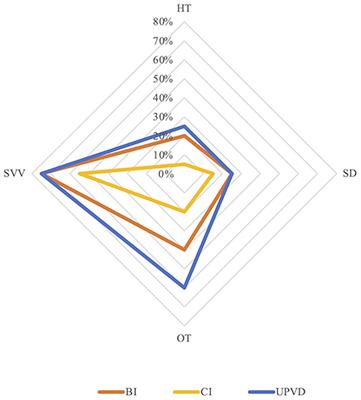
doi 10.3389/fneur.2022.1022362
- 2,032 views
- 1 citation
10k
Total downloads
46k
Total views and downloads
ORIGINAL RESEARCH
Published on 29 Nov 2022

BRIEF RESEARCH REPORT
Published on 09 Nov 2022
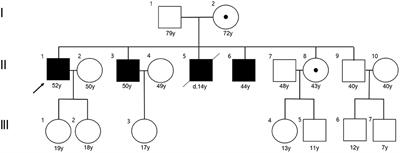
BRIEF RESEARCH REPORT
Published on 30 Sep 2022
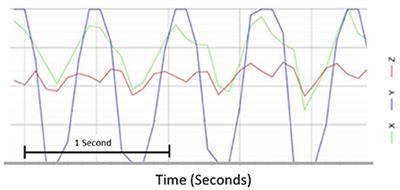
BRIEF RESEARCH REPORT
Published on 26 Sep 2022
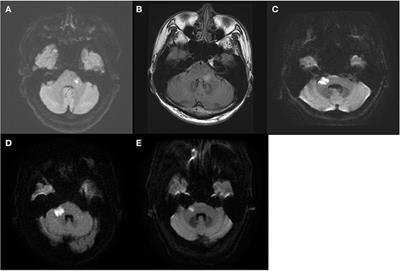
ORIGINAL RESEARCH
Published on 20 Sep 2022
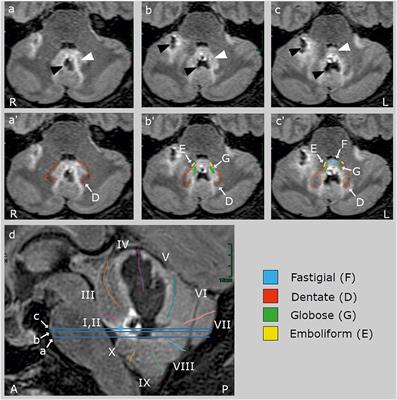
ORIGINAL RESEARCH
Published on 08 Sep 2022

ORIGINAL RESEARCH
Published on 08 Sep 2022

ORIGINAL RESEARCH
Published on 01 Sep 2022

BRIEF RESEARCH REPORT
Published on 17 Aug 2022

ORIGINAL RESEARCH
Published on 11 Aug 2022

ORIGINAL RESEARCH
Published on 05 Aug 2022

ORIGINAL RESEARCH
Published on 12 Jul 2022
